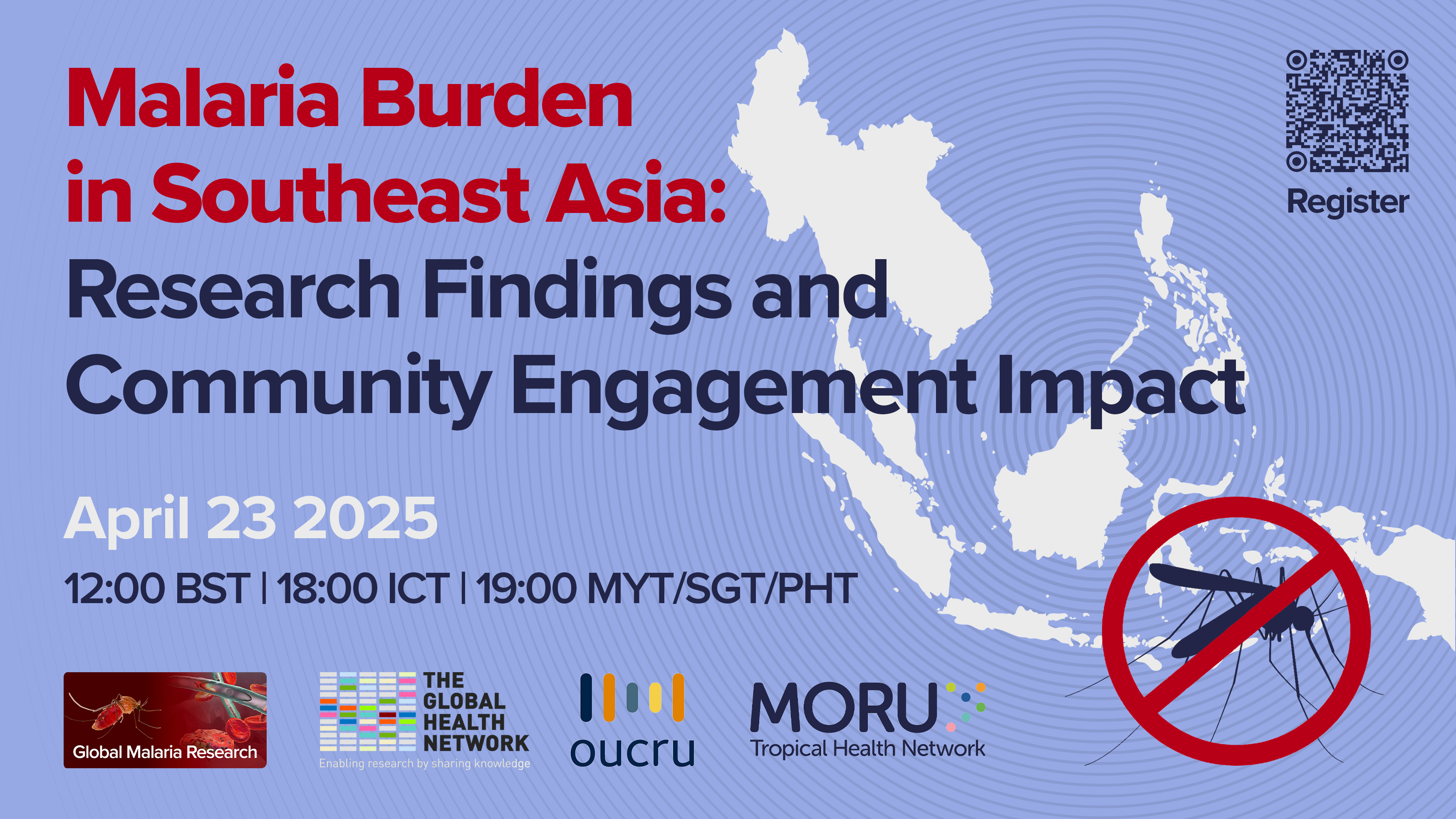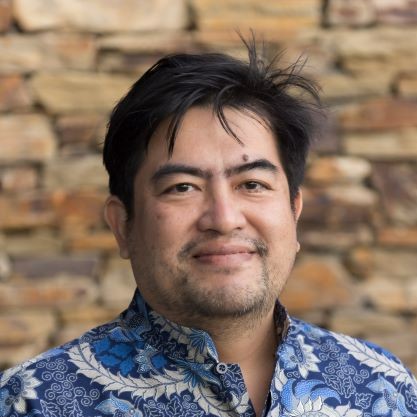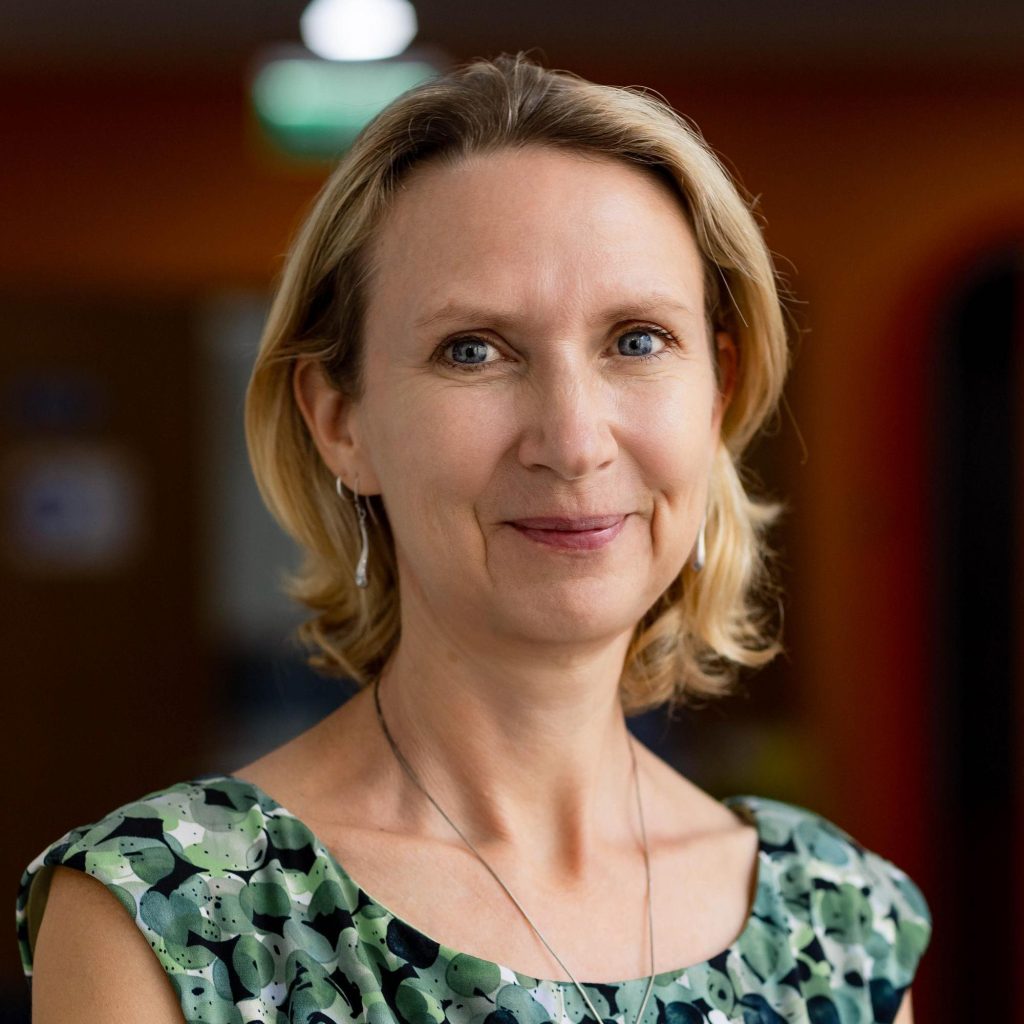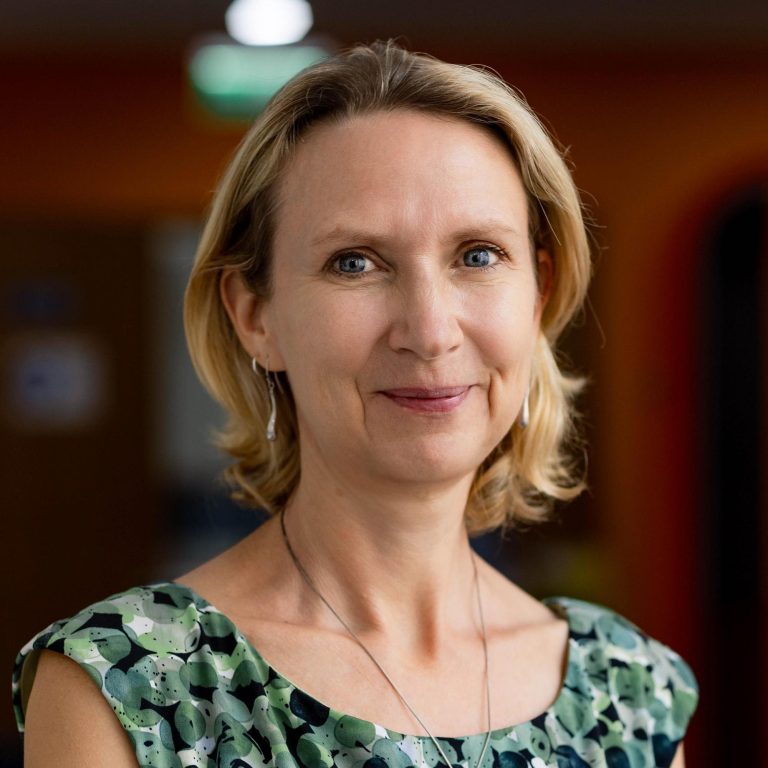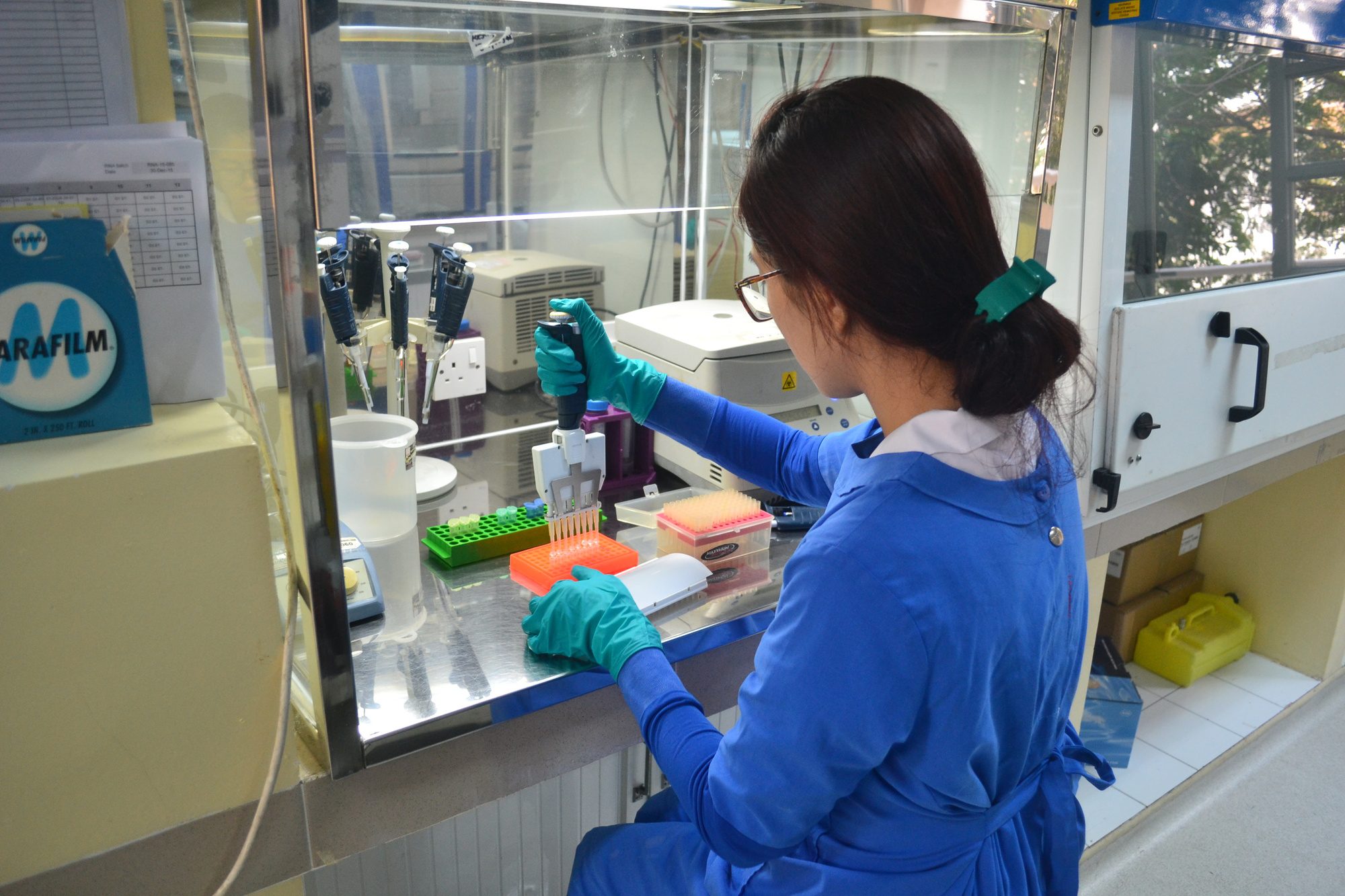Malaria remains a serious threat to public health across Asia. The South-East Asia Region has the second-highest malaria burden globally, with WHO estimating that 1.61 billion people remain at risk and the disease being endemic in nine countries.
The Global Health Network, Oxford University Clinical Research Units (OUCRU) and Mahidol Oxford Tropical Medicine Research Unit (MORU) are organising a joint webinar to explore malaria’s often-overlooked impact in Southeast Asia. Researchers will present the region’s malaria research portfolio, highlighting historic MORU/OUCRU’s role in development of artemether-based drugs and OUCRU’s strategy to engage Indonesia’s war on malaria in Papua.
Direct community involvement is essential for achieving “last mile” malaria elimination. Dr. Poonam Khetrapal Singh, WHO Regional Director for South-East Asia, has emphasised community engagement’s vital role in effective diagnosis and treatment, along with the importance of decentralising programmes from sub-national to district and village levels.
To showcase successful community engagement initiatives, OUCRU and MORU researchers will present case studies demonstrating how they incorporate community voices, reach challenging populations, and use creative approaches to build awareness and understanding.
Our speakers
Dr Iqbal Elyazar
Epidemiology and Geospatial Programme Manager
Oxford University Clinical Research Unit Indonesia
Arjen M. Dondorp, FMedSci, MD, PhD
Deputy Director of the Mahidol Oxford Clinical Research Unit, Thailand
Dr Mary Chambers
Head of Public and Community Engagement Group
Oxford University Clinical Research Unit
Register now
Reference: https://www.who.int/southeastasia/health-topics/malaria



